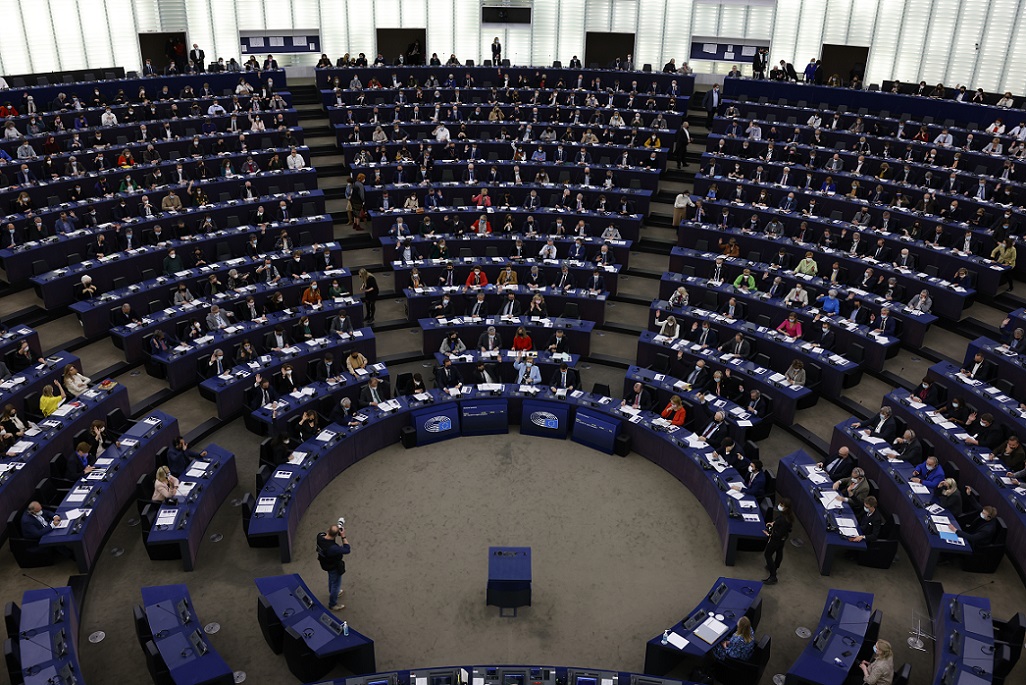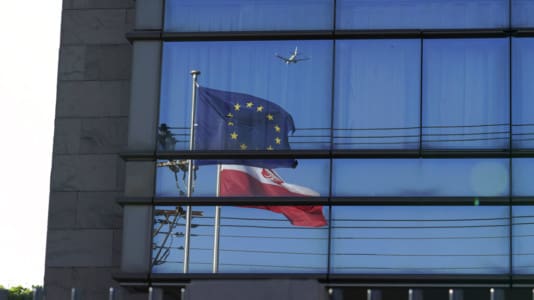The European Parliament has approved a proposal to reform the European elections, which includes a radical gender quota requiring that 50 percent of candidates are women.
Although such gender quotas have found to be discriminatory in other countries, such as Germany, due to their anti-democratic nature, the proposal narrowly passed in Brussels, with 331 out of 640 MEPs voting to pass the law. Another 257 were against it and 52 abstained.
The European Council, a body representing the governments of the member states, will now consider the proposal, with approval requiring a unanimous decision.
[pp id=7758]
Similar laws introduced into other countries have led to absurd cases of political maneuvering. In Mexico, for example, 18 politicians who were biologically male changed their gender to female in order to run in elections and meet gender quota requirements. The EU proposal says it will also respect “non-binary” individuals, however, what that means in practice is unclear. In a Europe increasing accepting gender changes with no questions asked, politicians attempting to “game the system” may try similar strategies in order to compete in elections.
Election overhaul
The new proposal not only has to do with gender quotas, but it also aims to unify the way MEPs get elected in each member state, to establish a pan-European constituency, and to allow citizens to comment on the election of the president of the European Commission.
The member states of the bloc will now discuss the European Parliament’s legislative initiative. According to MEPs, the newly created European Electoral Office should oversee the new electoral process and compliance.
[pp id=27526]
The stated purpose of the initiative approved on Tuesday is to do away with national rules for EU elections and create one set of rules dictated from Brussels for all EU member states. It would also set a single date for the European elections. According to the European Parliament’s proposal, the entire union would vote together on Europe Day, May 9. EU citizens could vote in any member state, including through mail-in voting.
MEPs are proposing that every voter in the European elections has two votes. The first vote would be the usual vote in the national election, while the second vote would be for a pan-European constituency. Candidates would be drawn up and offered by individual European political parties — 28 additional MEPs would be elected this way, and the leader of the party’s pan-European candidate list would also be the political group’s candidate for president of the European Commission.
The proposal is not enough for liberal Czech MEPs
Czech MEP Stanislav Polčák considers it unlikely that the Council would adopt the proposal before the next elections in 2024.
“The proposed reform benefits mainly traditional parties, which, thanks to their influence in large states, will strengthen at the expense of smaller ones,” said Mikuláš Peksa, MEP for Pirates, who called the proposal a disappointment.
Pro-establishment MEP Tomáš Zdechovský (KDU-ČSL) said that the unintended consequence of voting in the pan-European district could be that well-known “populists” or “exotics” win big.
In Monday’s debate, Vice-President of the European Commission Věra Jourová stated that the Commission fully supported the draft legislative initiative.






